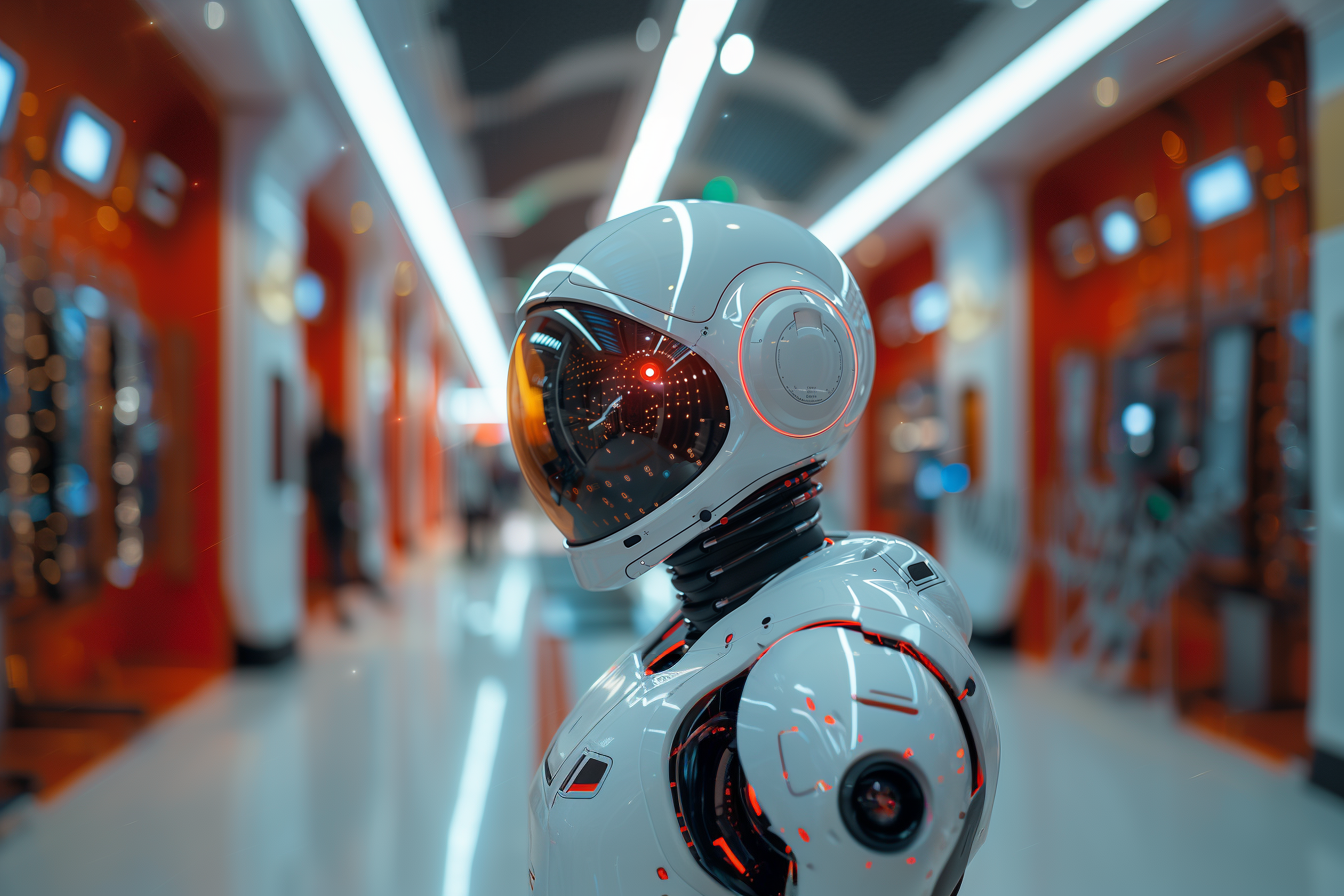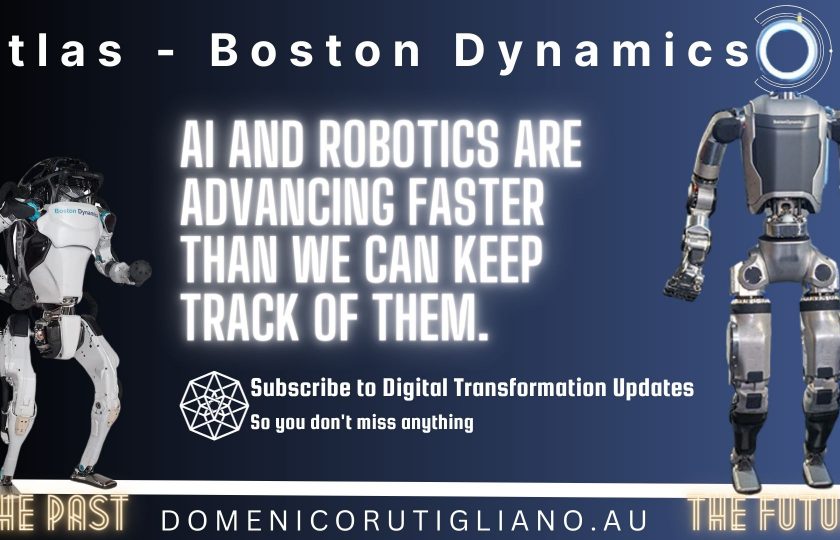
Future Visions: AI’s Role in Advancing Human Potential
The symposium concluded with forward-looking discussions on the potential roles of AI in enhancing and transforming human capabilities across various domains. This session not only envisioned future applications of AI but also addressed the necessary frameworks to support these advancements responsibly.
AI in Enhancing Healthcare
One of the significant topics was AI’s transformative impact on healthcare. Speakers illustrated how AI could revolutionize diagnostics, treatment personalization, and patient monitoring, potentially improving outcomes and efficiency within the healthcare system. The integration of AI in genomics, for example, could lead to earlier detection of diseases and more tailored therapeutic strategies. However, the discussions also acknowledged the need for stringent ethical guidelines to manage sensitive health data and prevent disparities in healthcare access.
AI’s Contributions to Environmental Sustainability
Another area of focus was AI’s application in combating climate change and promoting environmental sustainability. Through predictive modeling and data analysis, AI can help in efficient resource management, reducing waste, and optimizing energy use. Examples include AI-driven systems that enhance agricultural yields with minimal environmental impact and smart grids that dynamically balance energy supply and demand to reduce carbon footprints. The panel stressed the importance of ensuring these technologies do not themselves become a burden on the environment, particularly in terms of energy consumption.
Empowering Education with AI
Discussions also extended to AI’s potential to reshape education. AI could personalize learning experiences, adapt resources to meet individual student needs, and provide educators with tools to better understand student progress and challenges. There was a strong emphasis on ensuring equitable access to these technologies so that AI-enhanced education does not widen existing educational inequalities but rather serves as a tool for bridging gaps.
Workplace Transformation and AI
The impact of AI on the workplace was another critical discussion point. As AI continues to automate routine tasks, there is potential to free up human workers for more creative and strategic roles. However, this shift requires proactive efforts in workforce training and education to ensure that workers can thrive in an AI-integrated job market. The symposium highlighted successful case studies of companies that have harnessed AI to augment human work, improve productivity, and foster innovation.
Ethical AI Integration and Policy Recommendations
Finally, the session concluded with a call to action for establishing robust ethical frameworks and global cooperation in AI governance. It was proposed that as AI technologies become increasingly capable and ubiquitous, international standards and regulations are needed to guide their development and implementation. This includes policies that encourage innovation while also addressing the socio-economic impacts of AI, ensuring that the benefits of AI advancements are shared broadly across society.
This visionary session underscored the immense potential of AI to enhance human capabilities and address pressing global challenges. It also emphasized the collective responsibility of the AI community—spanning researchers, policymakers, and industry leaders—to guide these developments with a focus on ethics, equity, and sustainability, ensuring that AI serves as a force for good in society.



